Is your coffee too sour? The 7 causes & solutions for a great brew!
You are looking forward to your cup of coffee, and then – the coffee tastes sour!
What a waste!
Here are the reasons why your coffee is too sour and how you can fix it in your next brew.
Why can coffee taste too sour?
There are specific reasons your cup of coffee might taste too sour, or it might be a combination of things. The wrong coffee bean roast level, grind size and amount, water type, water temperature, and extraction time can all cause sour coffee.
Sour coffee is the opposite of bitter coffee. But of course, the best-tasting coffee is neither too acidic nor too bitter, but getting there takes practice.
Here are the details on why coffee can become sour and what you can do about it.
Your coffee roast level is too light for your taste
Cause: Typically, coffee beans are roasted until they reach an internal temperature above 195 degrees Celsius. At these temperatures, the beans start to turn brown and release oils.
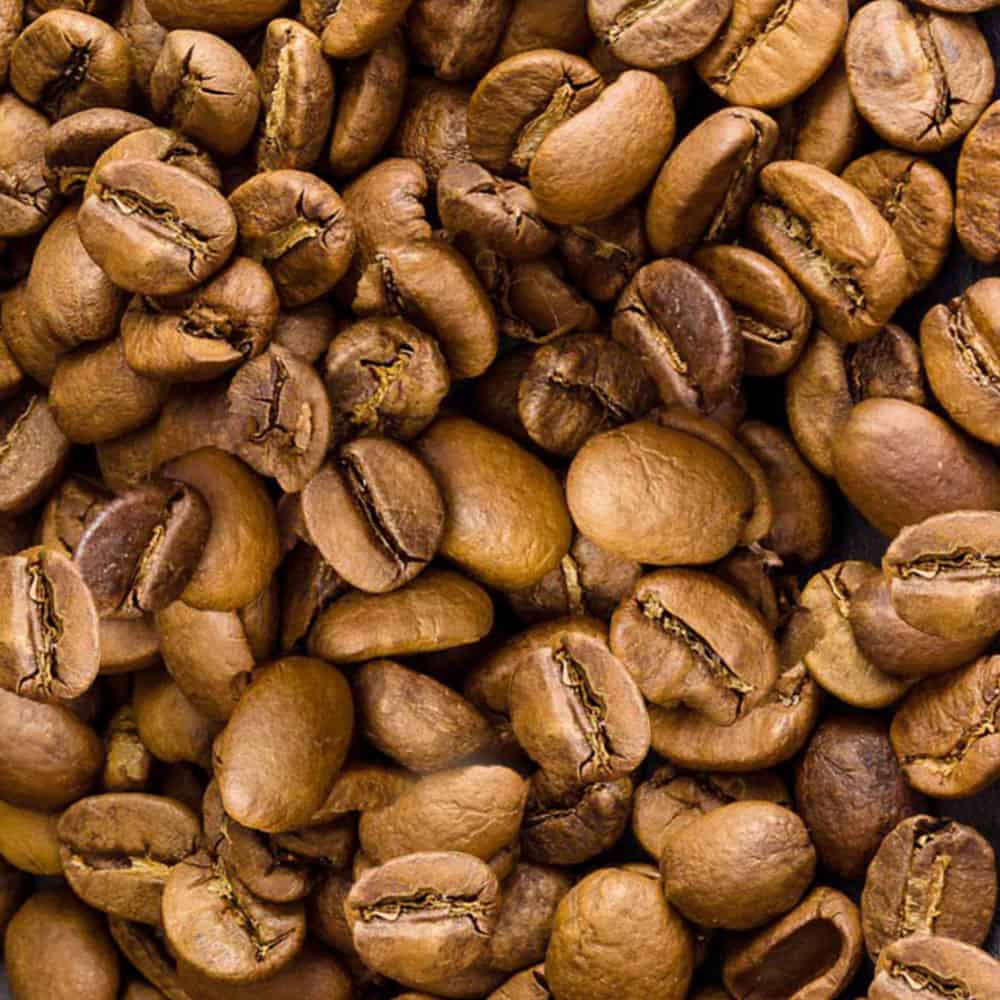
On the other hand, light-roasted coffees are typically roasted for a shorter period, until they reach an internal temperature between 180 and 190 degrees Celsius. This means that the beans are roasted for less time, resulting in a coffee that is lighter in color and has a more subtle, acidic, fruity flavor.
However, it also means that the coffee is more likely to taste sour, and this is because the shorter roasting time doesn’t allow for the Maillard reaction to occur. The Maillard reaction is a chemical reaction that occurs between amino acids and sugars when beans are heated, and it is responsible for the browning and the development of flavors.
Solution: Buy a darker roast or reduce your beans’ acidity using baking soda.
The coffee was not roasted properly
Cause: Low-quality roasters use a so-called “hot air roasting process”, where the coffee is shock roasted at high temperatures of 800°C for a short time. This leaves the coffee beans almost charred on the outside without breaking down the acids on the inside.
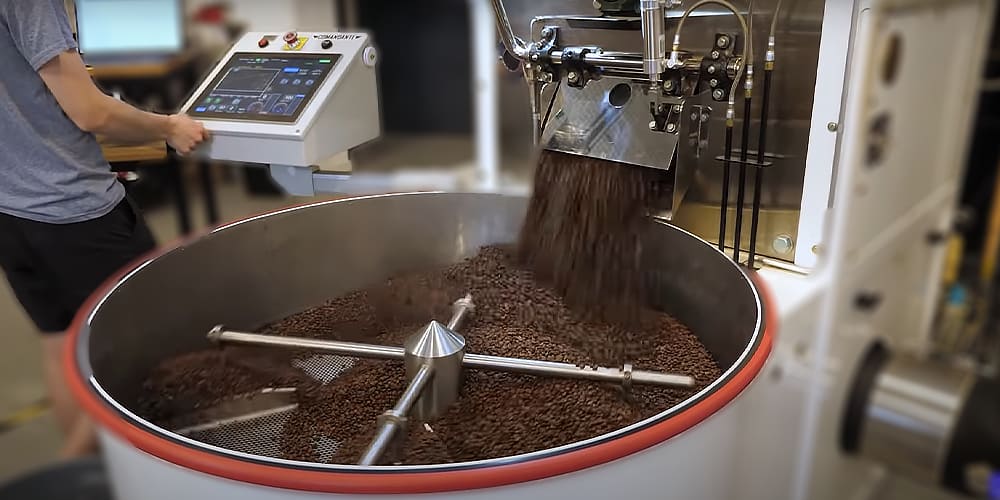
When the coffee is brewed, these acids escape to the outside, leading to a sour taste.
Solution: Quality roasters use drum roasting, which is gentler and allows even roasting coffee beans. Buying better coffee is a good idea.
Incorrect grind size
Cause: If the grind is too coarse, coffee can taste sour or watery because the coffee is under-extracted.
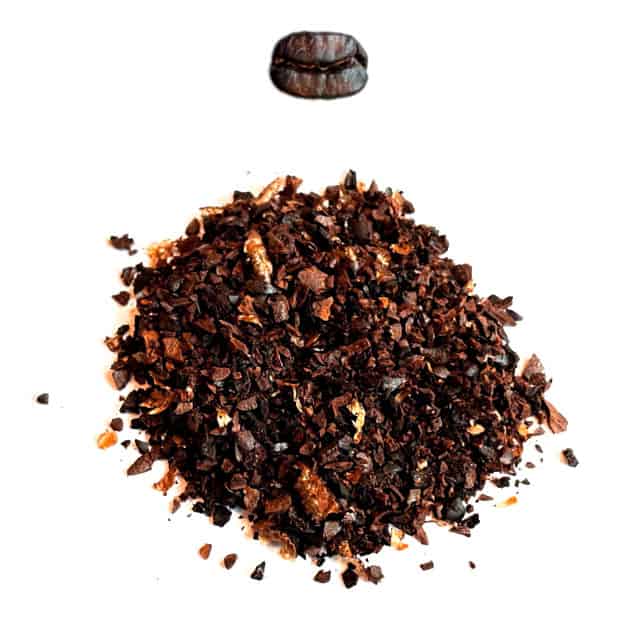
Under-extraction results in primarily the acids being released from the coffee, rather than the bitter compounds.
Here is all the information on when and how to use various coffee grind sizes.
Solution: Use a finer grind setting on your coffee grinder, increase your extraction time, and make sure you use a burr grinder for consistent grinds.
But be careful; too fine coffee grounds will create a bitter flavor.
Coffee is not freshly brewed
Cause: Coffee tastes sour if you let it sit too long after brewing. This often happens when you brew too much coffee at once.
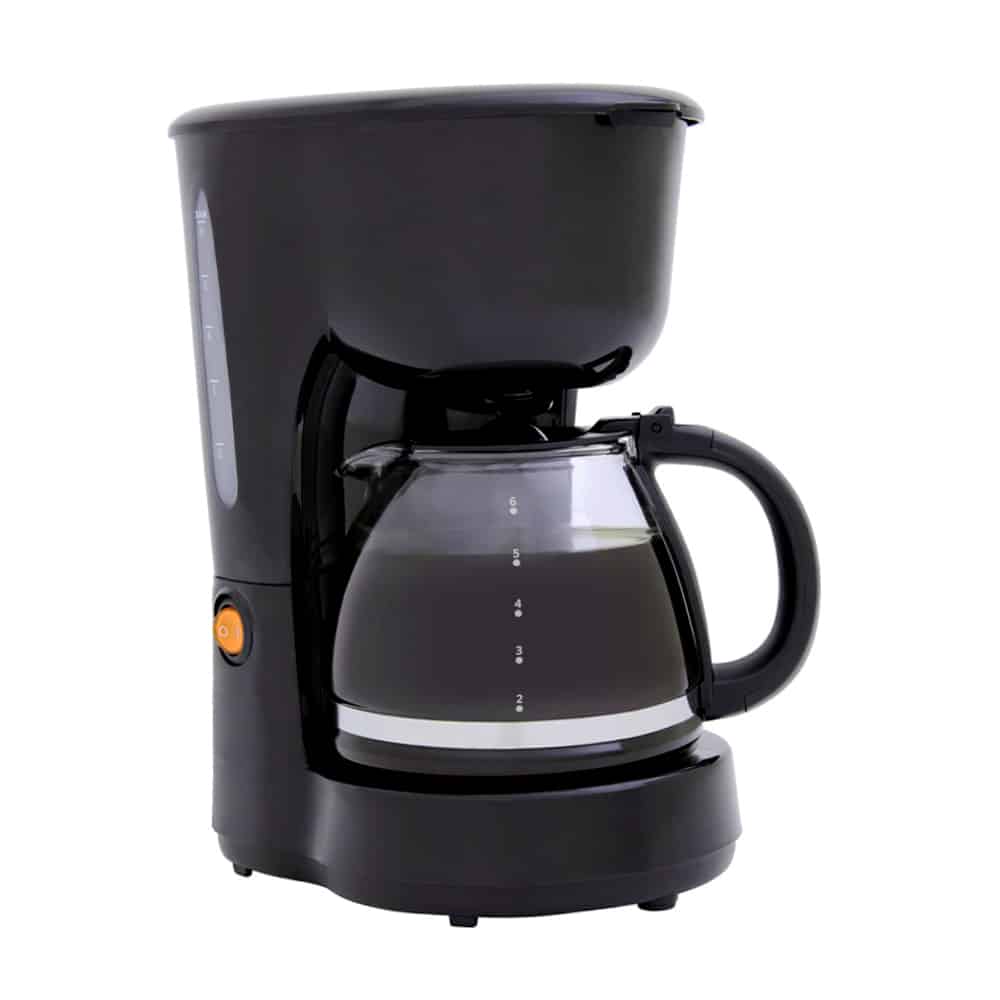
Do you want to calculate how many grams of coffee you need for any number of cups of drip coffee?
Follow this rule of thumb: 6g to 100 ml of water.
Using this rule of thumb, you can individually calculate how much coffee you want to prepare.
Solution: Drink freshly brewed coffee.
Water is too acidic
Cause: The type of water you use dramatically impacts your coffee. If you use pH 7.0 or lower water, your coffee may taste sour.
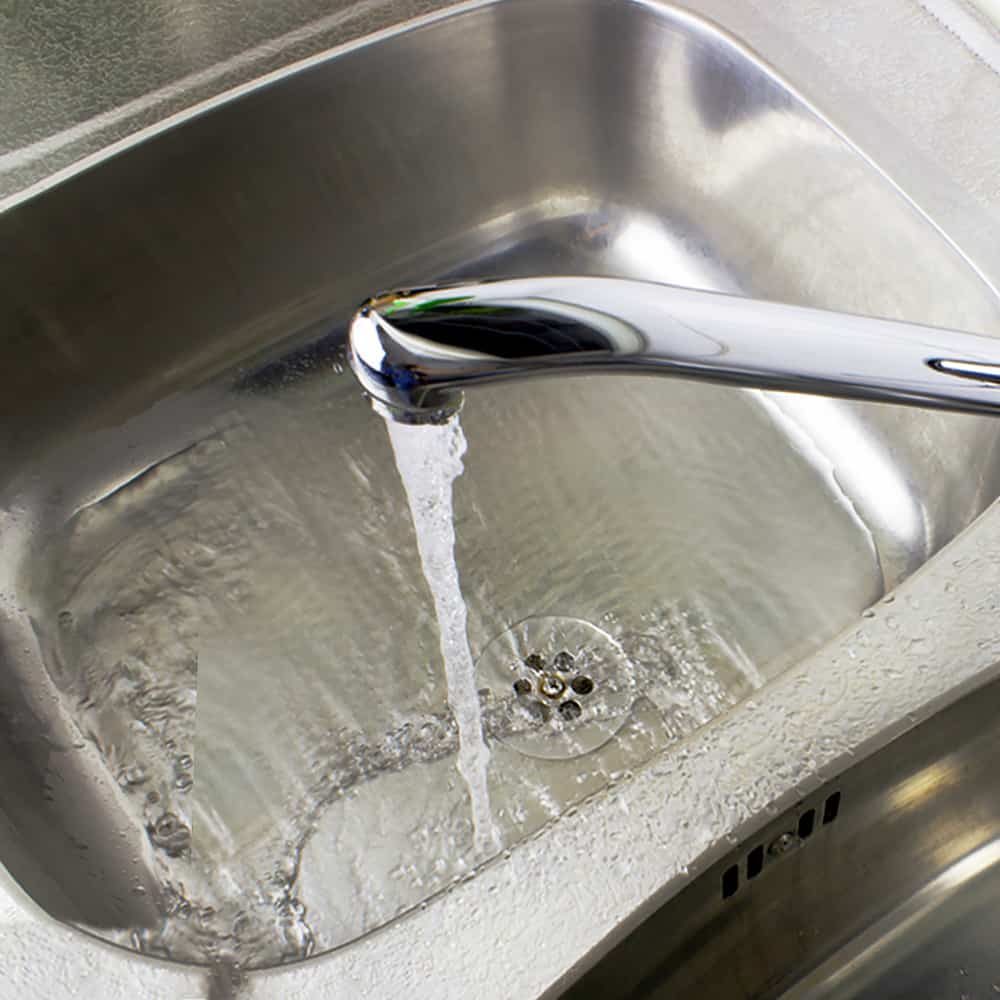
3rd wave coffee actually uses water engineered to bring out the best taste of coffee.
You don’t need a water lab at home, but you should not use pure tap water or spring water either.
Solution: Using filtered home tap water yields good coffee.
The temperature of the water is below 85°C
Cause: Depending on the temperature of the water, different flavors are released from the coffee. While we do not recommend using boiling water to brew coffee, the water should not be too cold either.
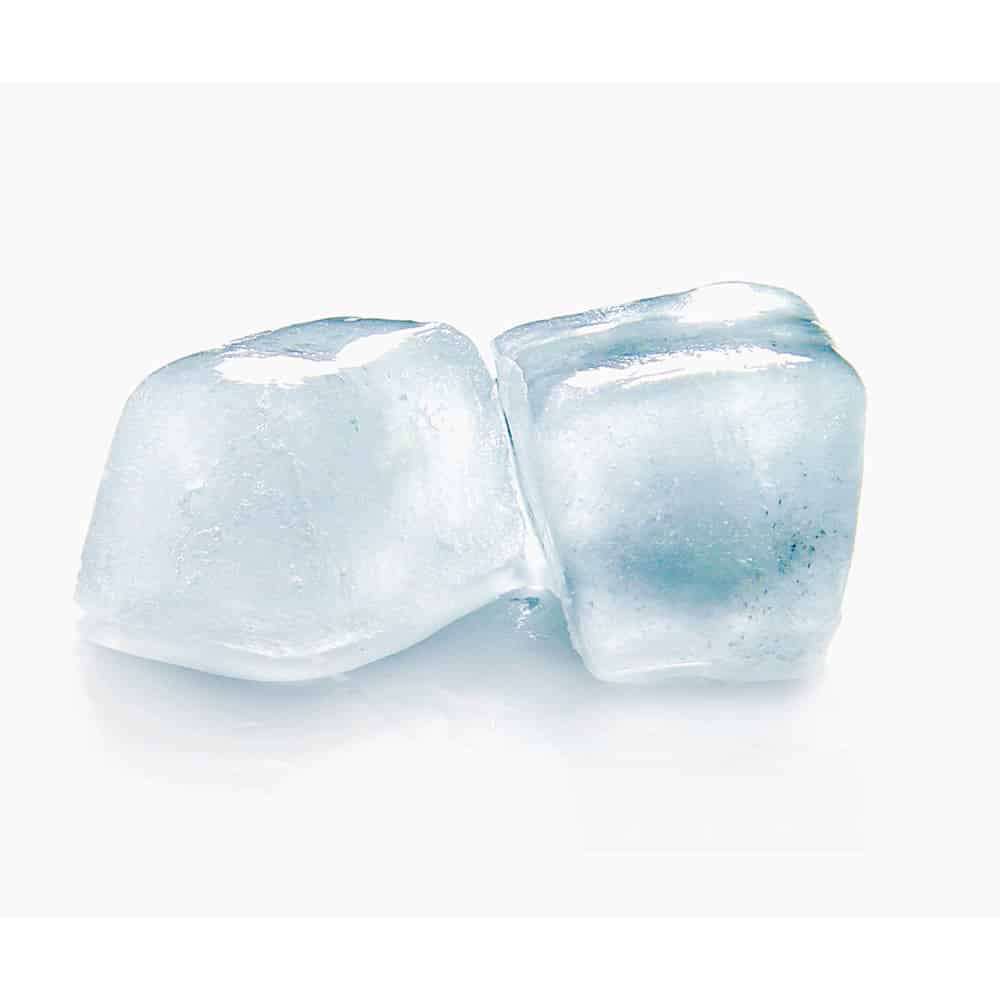
The resulting coffee will taste watery and sour if your water is cooler than 85°C.
Solution: The ideal temperature for your hot water is 92°C – 95°C for most brewing methods.
Extraction time too short
Cause: The extraction time should always be adapted to the respective preparation method, since too short a contact time of coffee to water can also result in an overly sour aftertaste.
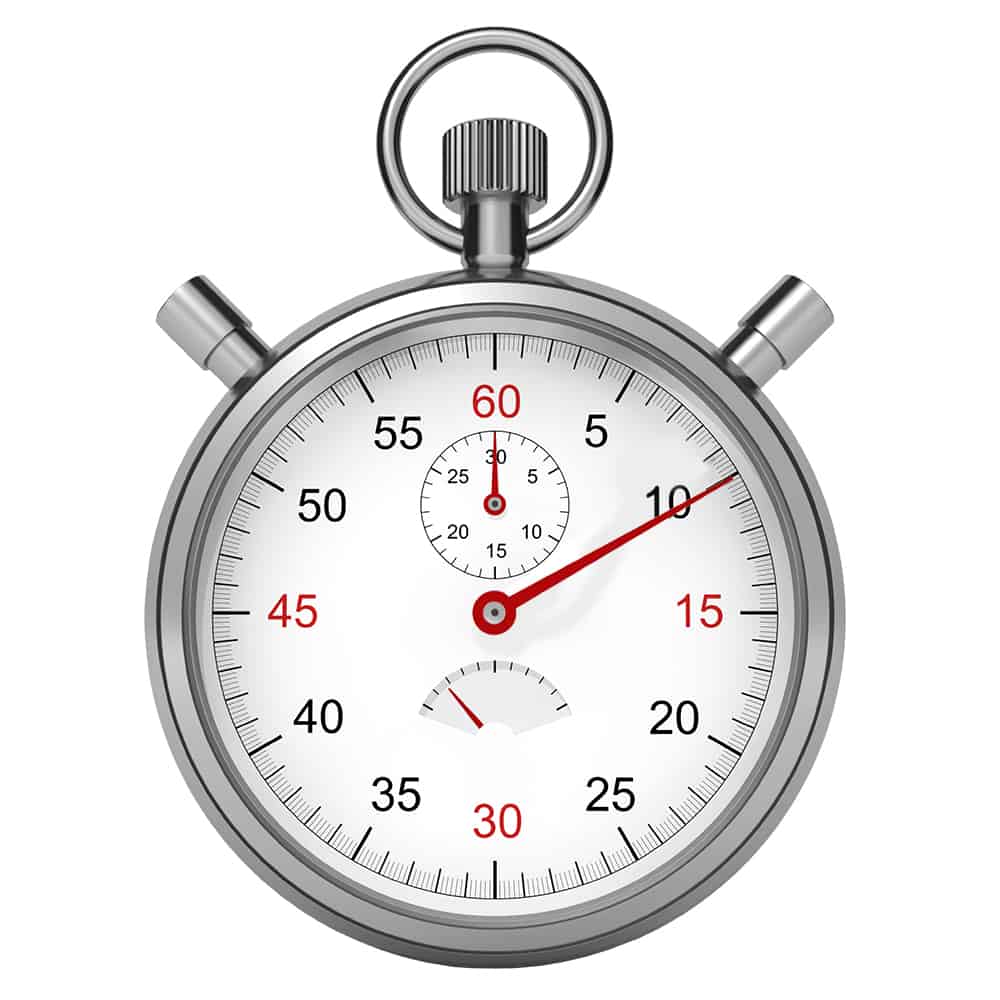
Remember that as hot water touches your coffee grounds and the 3 phase extraction process begins, you first get sour (acidic), then sweet, then bitter flavors. If your coffee extraction process is the cause of sour coffee, you can try these fixes:
- Use a finer grind setting (make sure you use a burr grinder)
- Make sure your water is 92-95°C
- Brew for longer
- Increase your water ratio and use a bit more water
The optimal brew time depends on your brewing process, coffee maker, bean type, and grind size.
For example, a contact time of 4 minutes is best for the French Press, so the coarsely ground coffee grounds can react with the water. When brewing filter coffee, a brewing time of 2-3 minutes is better, the AeroPress only requires 50 seconds, and espresso needs around 25 seconds.
Each method has a sweet spot.
There are a lot of variables, so get a basic recipe, but feel free to experiment if you get under-extracted coffee.
And remember. If you are in a café and your espresso brews in 10 seconds, just leave…
Solution: Lengthen your extraction time by using a finer grind setting.
Is specialty coffee sour?
Specialty coffee is made with high-quality, light roast beans, and the resulting brew is rich, flavorful, and complex. But with that said, specialty uses only light or medium roast coffee beans, which have a sour flavor to people who are used to only drinking dark roast coffee.
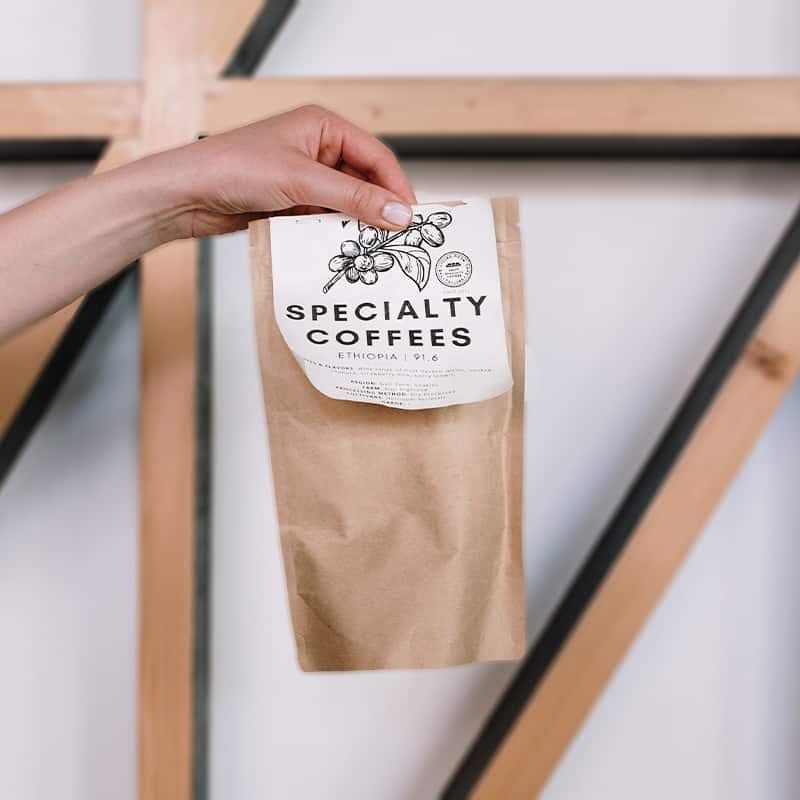
There is a difference, though, between the “sourness” of specialty coffee, and just plain sour coffee. Specialty coffee isn’t sour, rather acidic with a rich flavor that brings more out of the coffee.
Proper extraction introduces just enough bitterness to smooth out the acidity of specialty coffee. It does take some getting used to, so I recommend visiting a good specialty café and talking to a pro barista about this topic.
Now you know how to fix sour coffee!
If you know why your coffee tastes too sour, it’s easy to find the right solution. After all, the acidity of coffee can be influenced by many factors.
Use the tips above to find the problem, so your coffee will never taste sour again.

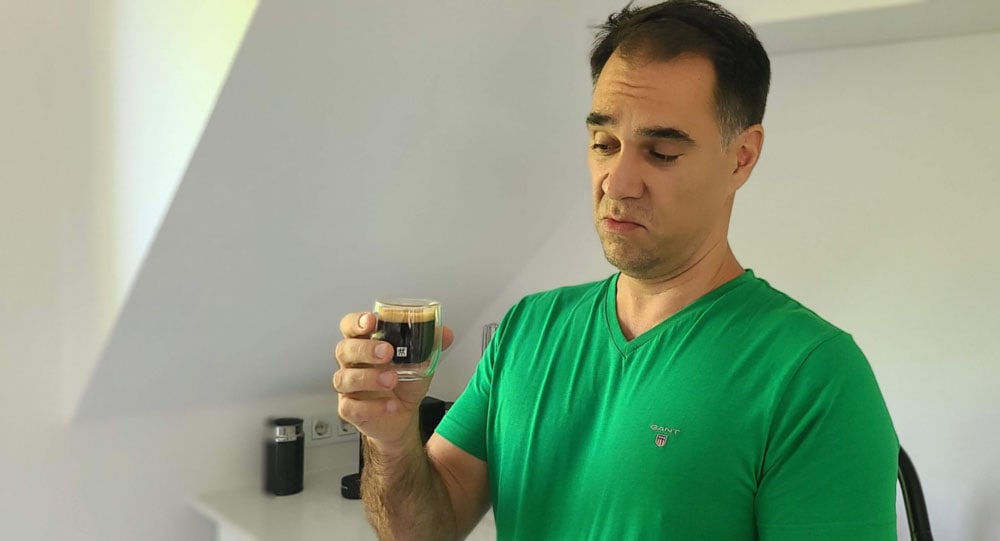
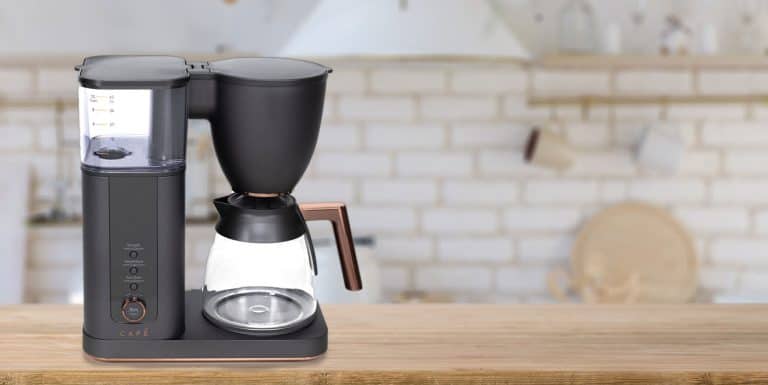

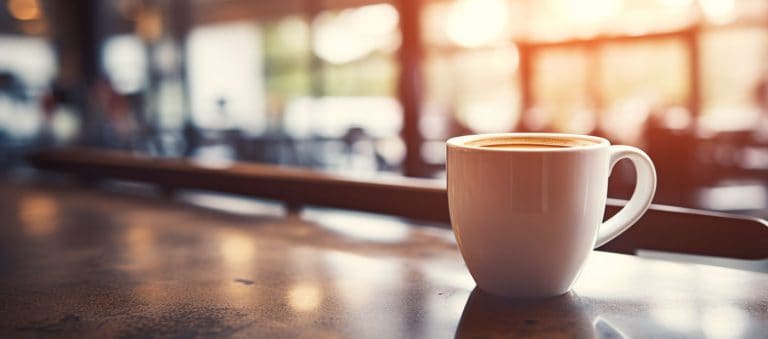
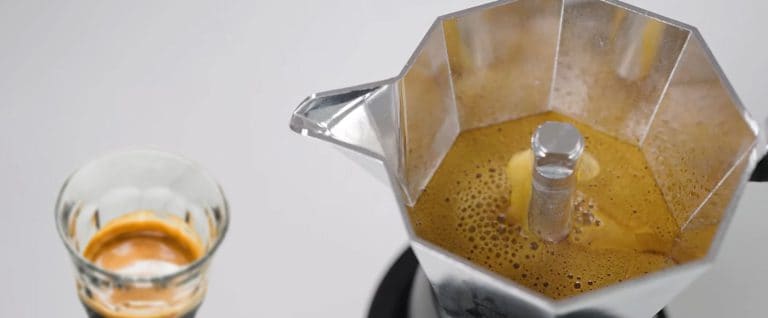
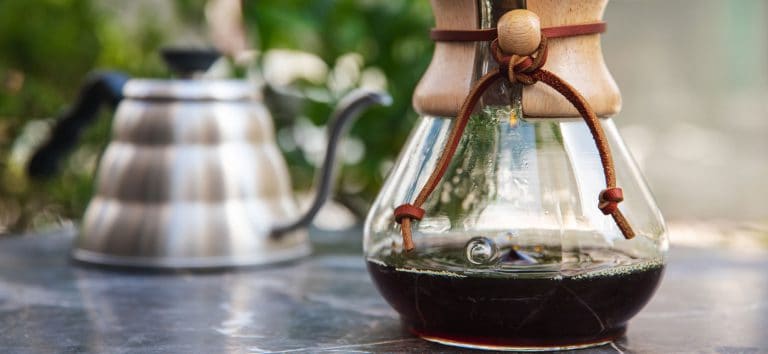
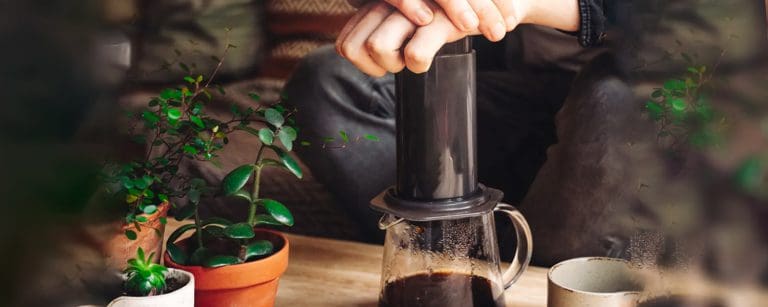
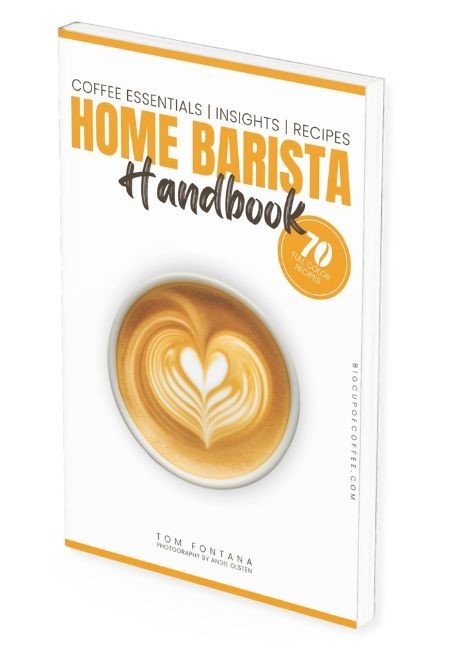
Interesting read. Can anyone clarify this for me – if a coffee is naturally acidic, does changing the grind size really make a significant difference or should we be adjusting other variables first?
Thank you, Tom. I’ve always wondered why my homemade coffee never tastes quite right. Never considered that it could be because my beans aren’t freshly roasted. Off to find a local roaster with better quality.
Hey everyone, Joshua here. Been a barista for a few years and I can confirm that drum roasting makes all the difference for a balanced cup of coffee. If anyone’s looking to dive deeper, I suggest also looking at the bean origin, which impacts acidity.
I’ve been scratching my head about why my morning cup has been tasting off, and this article just cleared it all up. Thanks, Tom, for shedding light on the importance of water temperature. Just tested brewing with water at around 95°C compared to my usual 1:00 munite microwave heated water (don’t laugh), and wow, what a difference.
Really appreciated the info on grind sizes. I always thought coffee was just about the beans, but now I know the grind plays a huge part. Already experimenting with finer grounds and loving the richer flavor. This article was a game-changer.
Curious question here. I read about the Maillard reaction and its role in coffee flavor. Does this mean that coffee roast levels correspond to distinct temperatures, like with steak? Is there a rare or well-done in coffee roasting, and how do they taste in comparison?
Yes, rare would correspond to a light roast, and well done to an extra dark roast. A well prepared light roast is sometimes mistaken for sour coffee, when in fact, it is acidic with citrusy notes. This is especialy true for ethiopian grown beans.
Very informative article. The section on roast levels is spot on – but what wasn’t covered much is how long roasted beans remain fresh before they start losing flavor. Any tips from fellow coffee aficionados on storage?
Hi, yes, it is best to use them in about a month from roasting. I also have an article on proper storage here: https://bigcupofcoffee.com/how-to-store-coffee-beans-for-maximum-freshness/
Tom, you’re a lifesaver. I’ve been brewing for a while and never realized the water temp could also cause sour coffee. I adjusted as you suggested and it’s good now. So grateful.
I’m wondering, the article hinted at specialty coffee potentially being sour. Could someone go deeper into that topic? I’ve had some single-origin brews that were indeed quite tangy. Is this expected with high-quality beans?
It may have been part of the origin taste of the beans you got if it was prepared properly. For example, Ethiopian beans are sometimes tangy and acidic, but in a good way.
What an insightful article, Tom. I tried adding a pinch of baking soda to my morning brew as suggested, and it was much less sour. A simple yet effective approach. Never would’ve thought of that.